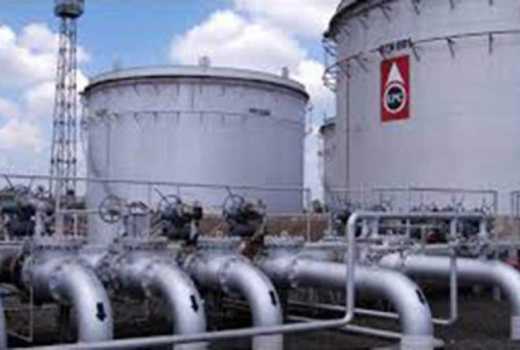×
The Standard e-Paper
Home To Bold Columnists

Oil companies will now pay more to store export oil products at the Kenya Pipeline Company’s facilities.
This follows the scrapping of a discounted tariff that was introduced last year.